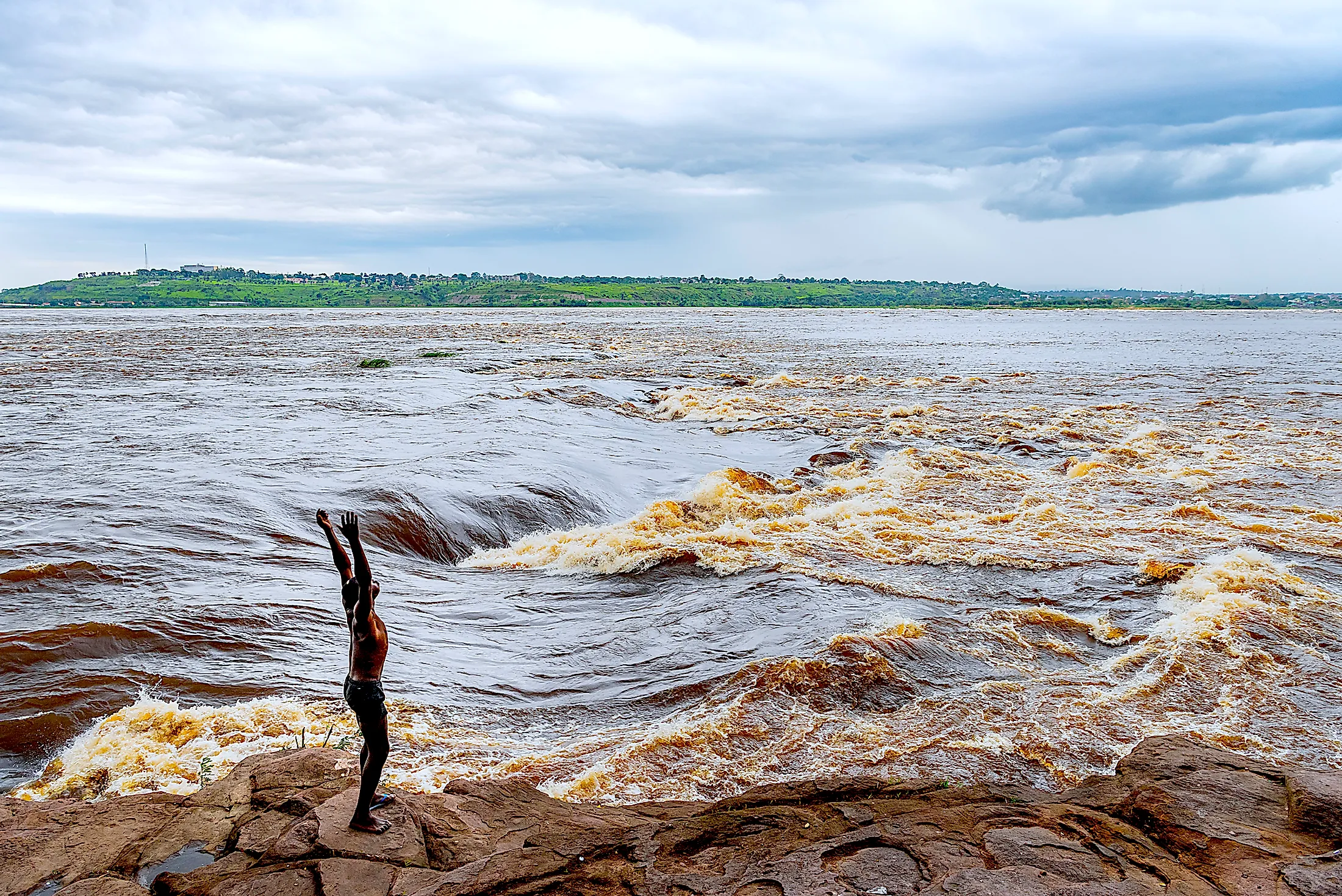Unveiling Pan: The Greek God of Wild Nature and Shepherds

In the rich tapestry of Greek mythology, Pan, the god of wild nature and shepherds, stands out as a fascinating figure. With his goat-like appearance and mischievous nature, Pan embodies the untamed essence of the natural world. Revered by ancient Greeks, he was both feared and adored, symbolizing the duality of nature’s beauty and brutality. This blog delves into Pan’s origins, his role in mythology, and his enduring influence on culture and art, offering a comprehensive guide for both mythology enthusiasts and curious readers alike. (Greek mythology, Pan, god of nature)
The Origins of Pan: A Mythological Birth

Pan’s origins are as unique as his appearance. Born to Hermes and a woodland nymph, his goat-like features were a result of his mother’s fear upon seeing him. Despite his unconventional looks, Pan was embraced by the gods, particularly Apollo, who taught him the art of music. His invention of the panpipes became legendary, captivating both gods and mortals. (Pan’s birth, Hermes, panpipes)
Pan’s Role in Greek Mythology: Guardian of the Wild

As the god of shepherds and wild nature, Pan was believed to protect flocks, ensure fertility, and govern rustic music. His presence was often felt in forests and pastures, where he would play his pipes, inspiring both awe and terror. Pan’s sudden appearance could cause panic, a word derived from his name, highlighting his unpredictable nature. (God of shepherds, wild nature, panic)
Pan’s Influence on Culture and Art
Pan’s legacy extends beyond mythology, leaving a lasting impact on art, literature, and symbolism. During the Renaissance, he became a popular figure in paintings and sculptures, often depicted as a symbol of unrestrained passion and natural beauty. His image also appears in modern works, representing the wild and untamed aspects of humanity. (Renaissance art, natural beauty, symbolism)
Worship and Festivals Dedicated to Pan

Ancient Greeks honored Pan through various rituals and festivals. The Paania, held in Athens, celebrated his role in protecting flocks and ensuring fertility. Offerings of milk, honey, and fruits were common, reflecting his connection to nature. These practices highlight the importance of Pan in daily life and agriculture. (Paania festival, ancient Greek rituals)
Modern Interpretations of Pan: From Mythology to Pop Culture
Today, Pan continues to captivate audiences through books, movies, and video games. His character often represents the struggle between civilization and wilderness, making him a timeless figure. For commercial-intent visitors, consider exploring Pan-inspired decor or mythology-themed merchandise to bring his essence into your home. (Pop culture, mythology-themed merchandise)
📌 Note: Pan’s symbolism often contrasts with structured society, making him a relatable figure for those who embrace their wild side.
Summarizing Pan’s Legacy: A Quick Checklist

- Pan is the Greek god of wild nature and shepherds.
- He is known for his goat-like appearance and invention of the panpipes.
- Pan’s influence spans art, literature, and modern culture.
- Festivals like Paania honored his role in protecting nature and fertility.
Who is Pan in Greek mythology?
+Pan is the Greek god of wild nature, shepherds, and rustic music, known for his goat-like appearance and invention of the panpipes. (Greek mythology, Pan)
What does Pan symbolize?
+Pan symbolizes the untamed aspects of nature, fertility, and the duality of beauty and fear. (Symbolism, nature)
How is Pan celebrated in ancient Greek culture?
+Pan was celebrated through festivals like Paania, where offerings were made to honor his role in protecting flocks and ensuring fertility. (Ancient Greek rituals, Paania)
From his unique origins to his enduring influence, Pan remains a captivating figure in Greek mythology. Whether you’re exploring his role in ancient rituals or discovering his presence in modern art, Pan’s legacy continues to inspire. Embrace the wild spirit of Pan and uncover the magic of the natural world he represents. (Greek mythology, Pan, natural world)



